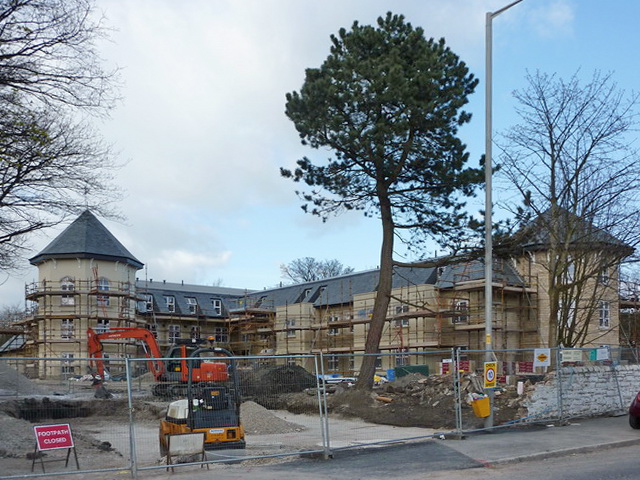Healthcare developers have today urged central and local government to recognise the role that an increased provision of care homes could play in relieving pressure on the NHS and helping cash-strapped local authorities to save funds.
In a paper released today the British Property Federation (BPF) recommends that local authorities include a provision for care homes in Local Plans, allow a preference for the development of care homes in certain areas and allocate specific sites for development of care homes near hospitals.
With occupied beds costing the NHS £250 a day and an estimated 61% of these beds lost because elderly people are waiting for space in a care or residential home, the paper outlines how by encouraging the development of more care homes, government will be helping relieve the pressure on the NHS [1].
It demonstrates how by supporting the development of care homes, local authorities can provide an enjoyable and comfortable environment for patients at the same time as lowering their care bill. A 2014 NHS survey showed that 73% of respondents in care homes were “extremely or very satisfied” with their quality of life, compared to 56% of respondents receiving domiciliary care [2].
In addition to this, the average weekly fee to local authorities for a place in a care home at £583.63, compared to £608.50 for just four hours of domiciliary care. With 70% of those receiving domiciliary care receiving over five hours a day, there is a significant difference in cost [3].
Further benefits include encouraging the elderly population to downsize and release family homes back on to the market, and supporting the needs of the growing number of older people in the UK. The population of over 85s, the primary users of care homes, is expected to increase 106% between 2012 and 2032 [4].
Melanie Leech, chief executive of the British Property Federation, commented: “The UK’s elderly population is rapidly increasing, and we need to ensure that we have the infrastructure in place to support this growth. The property industry is ready to play its part and to deliver the care homes that will be needed to ensure our elderly population can live in an environment where they are comfortable and cared for. At the same time, by building more care homes we can help to ease the pressure on both the NHS and on local authorities, which are struggling under government cuts.”


